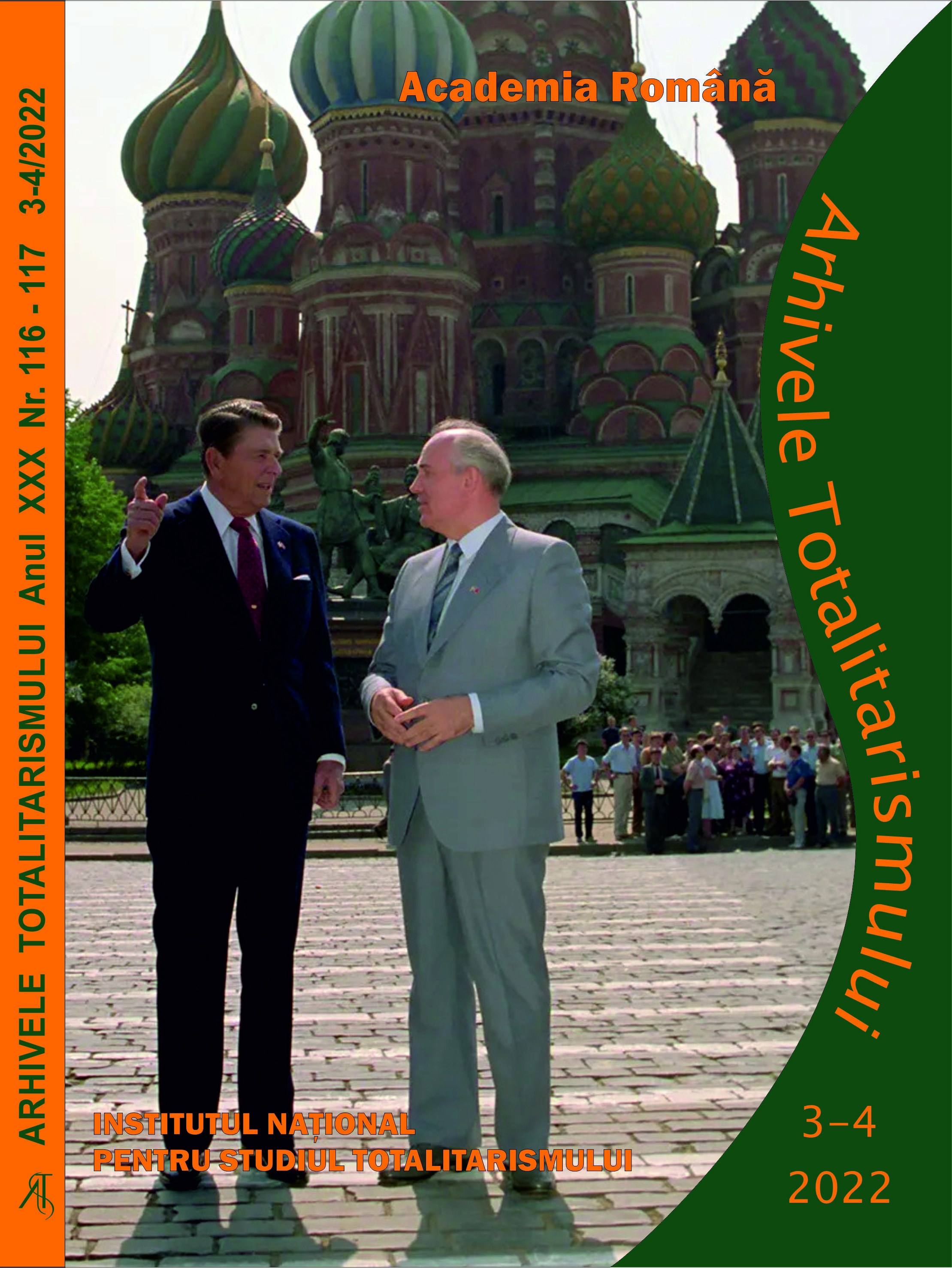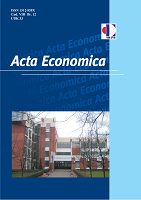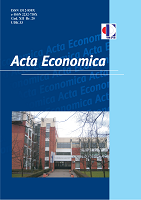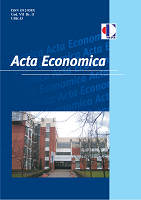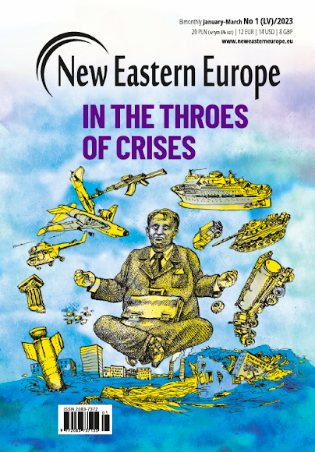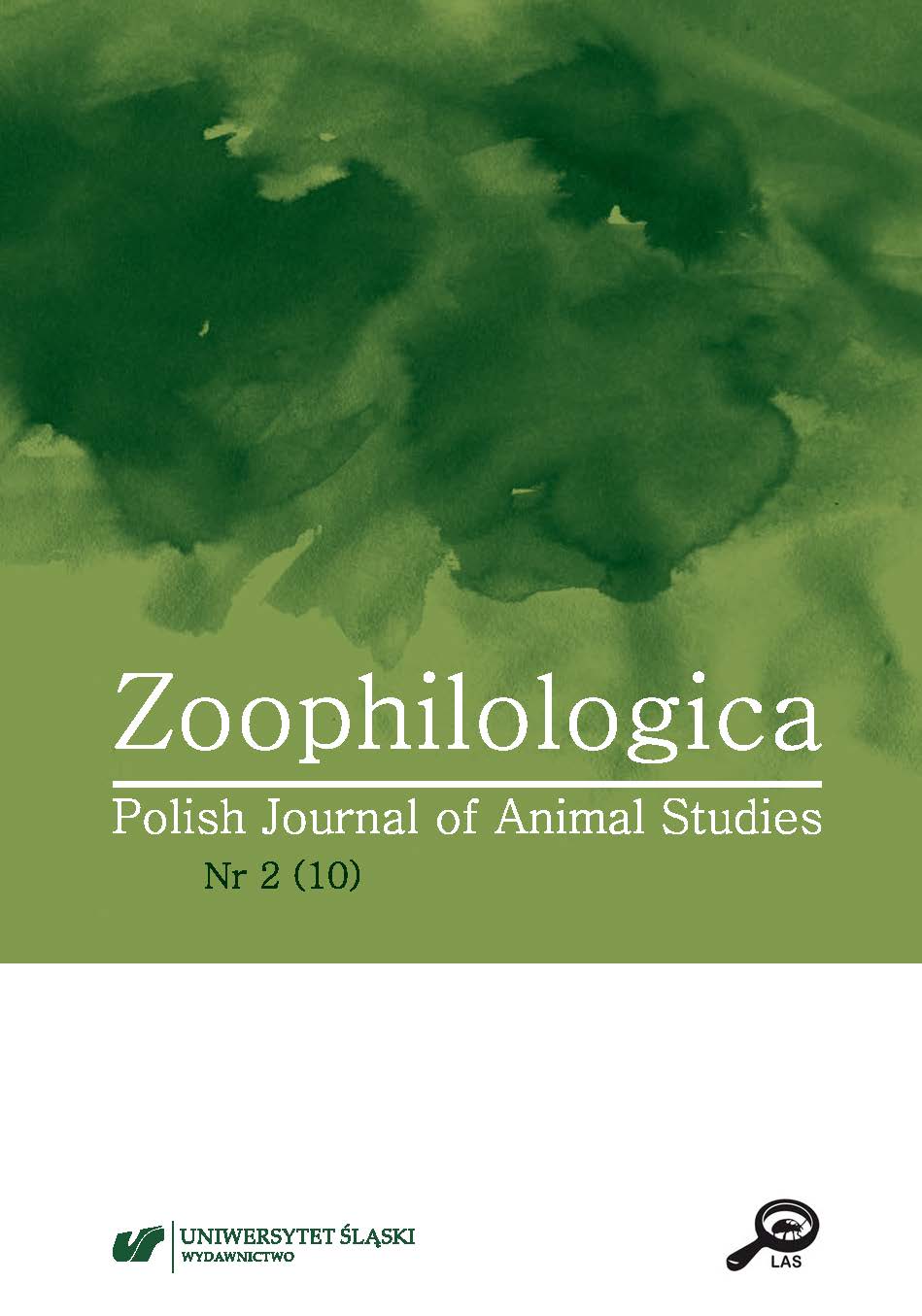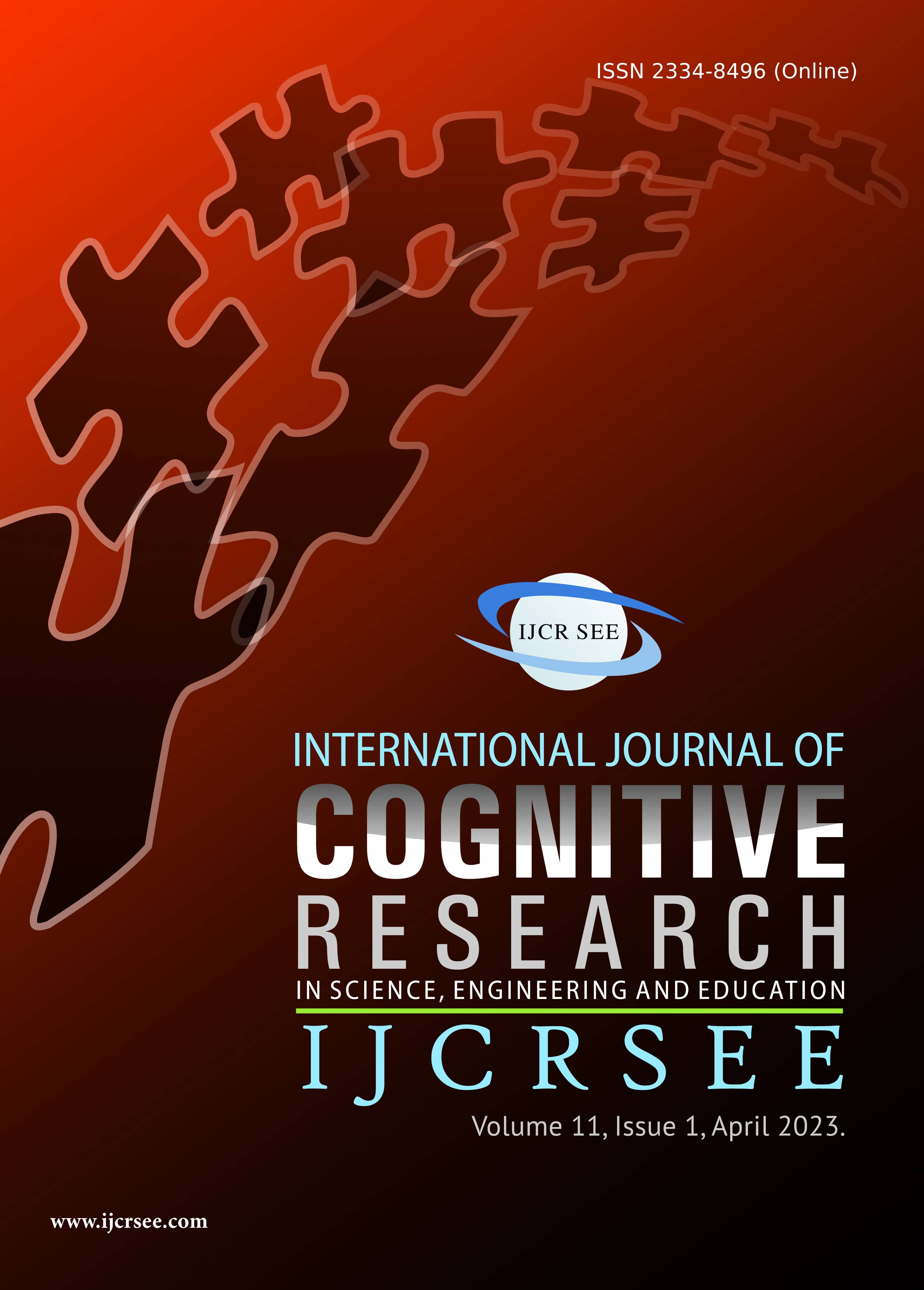Representation of Roma Content in Curricula and Textbooks at the Initial Education Level in Serbia
Author(s): Aleksandra Trbojević,Biljana Jeremić,Hadži Živorad M. Milenović,Bojan Lazić / Language(s): English
/ Issue: 1/2023
Keywords: right to education; initial education; Roma people; Roma students; non-discrimination
The 1989 Convention on the Rights of the Child guarantees all children the right to an education, and this paper focuses on Roma children and that right. The extent of Serbia’s strategy documents was reviewed, particularly in light of their responsibility for guaranteeing equity, accessibility, and equal educational opportunities for all children. The study’s objective is to assess how content related to the Roma is portrayed in current curricula (N = 16) and textbooks (N = 93) for the 2022–2023 academic year. It was discovered that despite the objectives in each of the analyzed courses (Serbian language, The World around Us, Nature and Society, Music Education, and Civic Education) clearly promote equality, diversity, and mutual appreciation, democratic values, inclusion, and anti-discrimination, none of them explicitly mention the words Roma or the Roma people. Only a few times do the Roma people explicitly appear in textbooks on nature, society, and music, and then only as a numerical representation of the national minority; no mention is made of the positive traits of the Roma people, who have their own identity, tradition, and culture as well as well-known members. The results highlight the need for textbooks to include specific content about the Roma people as fundamental teaching tools. This content should also be included in the curriculum because it would help students of Roma origin feel less excluded and more empowered to participate in school on an equal footing.
More...
